The beginning of the year. A time for the heartfelt declaration of resolutions and good intentions, but also the perfect time for the industry to look forwards and try to detect what demands we should expect in the new year.
Detecting new trends is urgent and crucial, but it shouldn’t just be acknowledged for commercial and marketing purposes – we believe it is also an excellent opportunity for reflection, constructive feedback and creative solutions.
It is at this time, while facing new demands and behavioural changes, that we can contribute further to the conservation of the natural environment and improve our performance in implementing positive impacts and sustainable development through tourism.
By understanding what people are already looking for and wishing to do – why and how – we can prepare to propel the change while fully embracing our role as responsible changemakers.
Tourism can be a force for good and we have 12 new months ahead to prove it, by riding the wave of tourists’ wants and wishes for 2023.

SOME TRENDS FROM INDUSTRY FRIENDS
WHERE WILL WE GO?
As reported in the WTTC’s Travel & Tourism Economic Impact 2022 – Global Trends (August 2022), since 2021, domestic tourism has emerged as the driving force behind the recovery around the world.
Although international tourism is resuming steadily, what the pandemic left is perhaps a different perception of our own backyards and the sense of undiscovered beauty that can be found right on our doorsteps
Returning to experience big cities and their hustle and bustle might be a need in the coming months, that marries well the perceived wish to learn about cultures.
However, as confirmed by a recent Booking.com predictions report, people are eager to travel far away from what they feel is home. It is reported that 50% of global travellers interviewed want to immerse themselves in cultural environments and experience a complete culture shock in 2023, and they are ready to travel to places with completely different cultural experiences and languages (51%).
A strong feeling of finding themselves ‘out of their comfort zone’ is what 73% of them said they are willing to pursue this year. An apparent renewed sense of adventure and curiosity seems to sparkle after the prolonged times of confinement, which we believe – and wish – will be a lead to more openness and more meaningful encounters at the grassroots level.
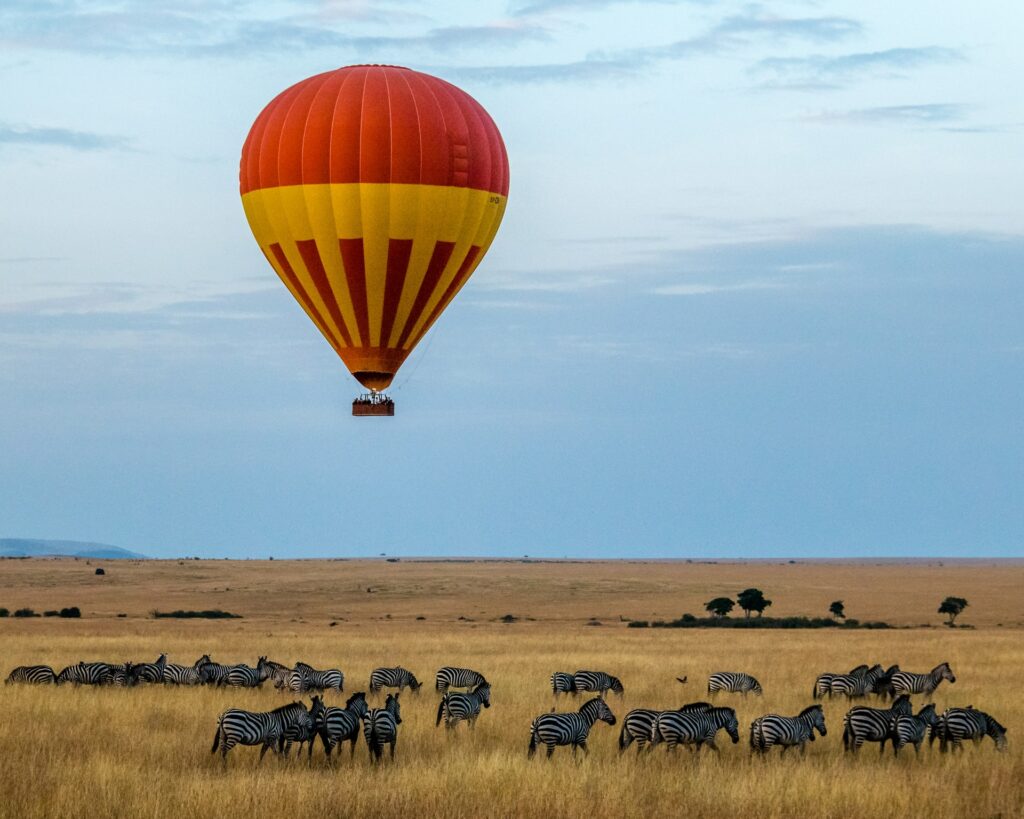

CLIMATE CHANGE AND SUSTAINABILITY CONCERNS
Sustainability has undoubtedly become the biggest buzzword to inhabit the travel space nowadays. Travellers have become more aware of the industry’s contribution to climate change, and are no longer satisfied with vague promises and declarations of good intentions.
They are starting to demand more action.
In April 2022, Booking.com’s Sustainable Travel Report showed us that a big percentage of travellers want to make more effort in the next year to travel more sustainably – precisely 71%, which represents an increase of 10% from the previous year, with 38% actively looking for information about the sustainability efforts of a property قبل they book.
If this new questioning and increasing interest in finding sustainable options represent a kind of pressure – that Globetrender 2023 defines as ‘carbon anxiety’ – we firmly believe that it is a healthy one. If ‘companies realise that they are going to be held accountable for their environmental footprint and need to do something about it’, this uncomfortable situation could perhaps lead to more practical innovative solutions and new collaborations for problem-solving exercises.
But what exactly does ‘sustainable travel’ means to consumers?
وفق Expedia Group’s Sustainable Travel Study in 2022, 69% of respondents associate sustainable travel with ‘lessening environmental impacts’. 66% believe that means ‘supporting local economies’, 65% think it’s about ‘supporting local culture and communities’, while just over half think it’s related to ‘visiting lesser-known destinations’.
We agree that this might still be a limited perception of what sustainable tourism really is, a reduced version of the complex concept. This cannot compete with the broader and deeper understanding that the industry has (or should have), with regard to the Sustainable Development Goals (SGDs) and the four (sometimes five) dimensions which are associated with it.
Perhaps in 2023 our industry needs to do more to use tourist feedback to change the way we conduct our business, beyond what we are already doing. And not just because tourists want to see our response – our two sets of priorities don’t always match and by working on both, we might achieve better results.
LET’S GO LOCAL (WITH PURPOSE)
Since the beginning of our personal journey at Inspire Global, back in October 2022, we have been working to highlight the importance that local communities represent in the journey towards sustainability.
Tourists continue to want to visit, interact and learn from them and it seems that this will continue in 2023.
A couple of remarks seem necessary, though.
In the first place, the automatic link tourists usually make between local communities and traditional cultural heritage is mostly justified, although not الكل the local experiences, of course, can be representative of the local culture.
Secondly, we think we should warn against the overuse of the word authenticity, especially when it comes to the realm of community tourism. This is a chapter that we might decide to open for deeper reflection another time, along with the possible risks of negative impact and cultural appropriation, or simply reproducing old colonialism stereotypes.
In any case, it is clear that local experiences are highly valued by consumers, given that according to Booking.com’s Sustainable Travel Report 2022, 25% would be willing to pay more for travel activities to ensure they are giving back to local communities, and 27% want to actively learn about the local cultural values and traditions of their destination in advance of their trip.
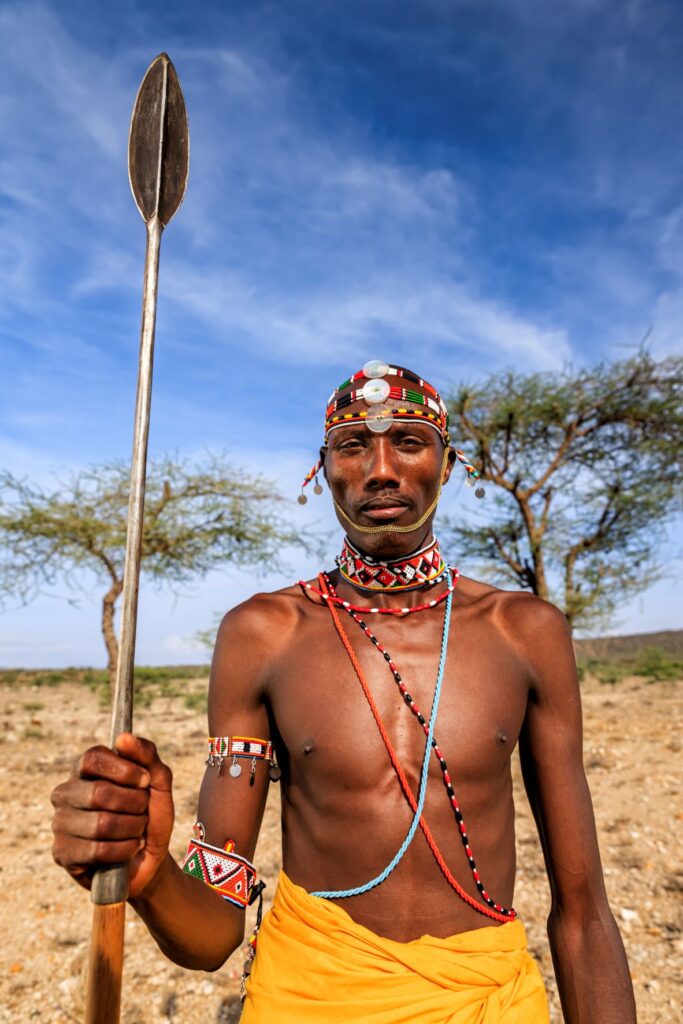
Given these views, recorded at the end of 2021, it is not a coincidence that indigenous tourism appears as a new trend for 2023.
As كوندي ناست ترافيلر puts it, ‘across the world, there will simply be more travel options which are led by indigenous communities’. And this is true – the map of indigenous tourism experiences is expanding like a joyful spot of bubbling liquid on a very absorbent canvas.
Canada is probably one of the countries with the most experiences available and one of the most visible in the market, and not only because it represents a wide variety of ethnic groups and native nations. In the last decade, indigenous associations have worked hard to come to terms with the national country and gain space and political recognition.
It is an inspiring story that has given new strength and hope to all indigenous-owned community-based tourism businesses, worldwide.
In many Latin American countries, particularly Mexico, Colombia, Peru and Brazil, and also in African countries like Kenya, the indigenous communities are increasing their presence in international markets; although not without a struggle, but that is another story.
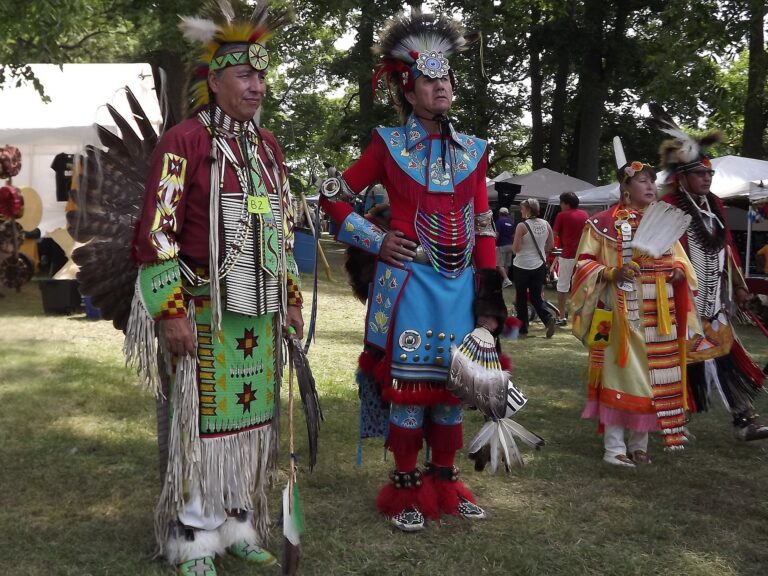
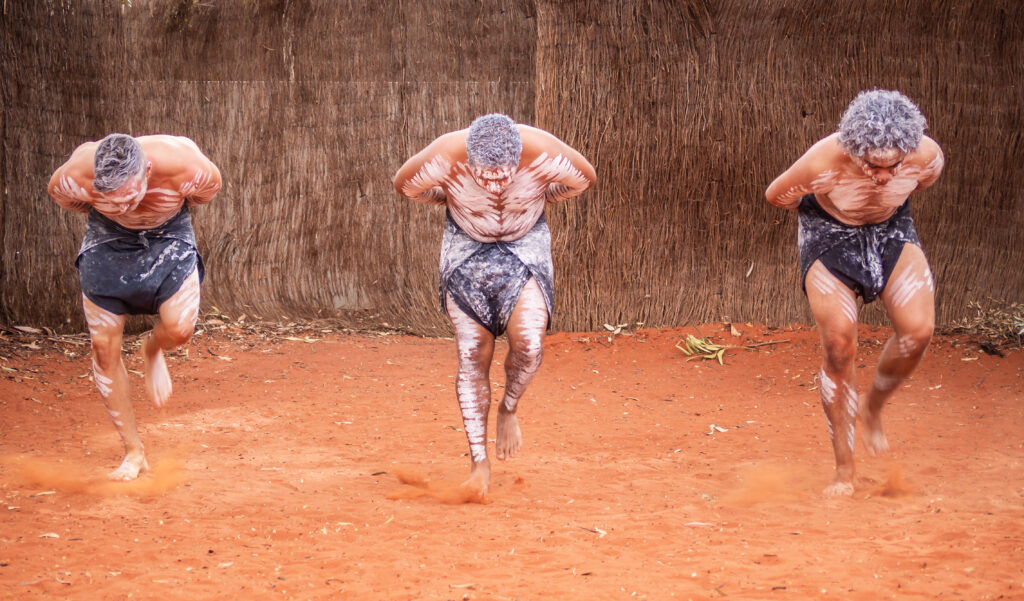
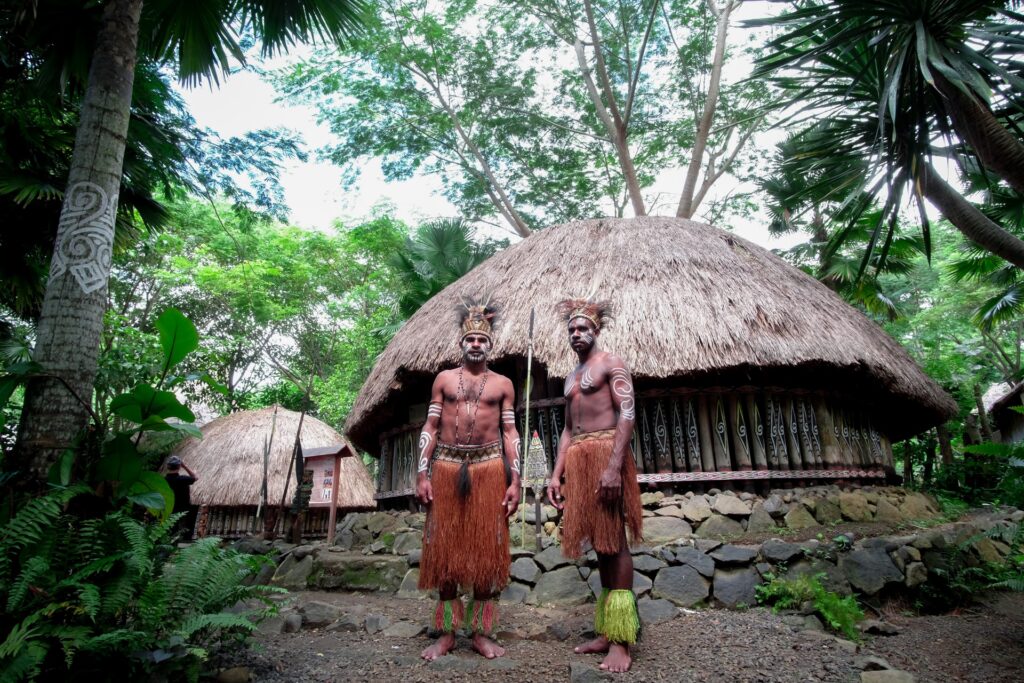
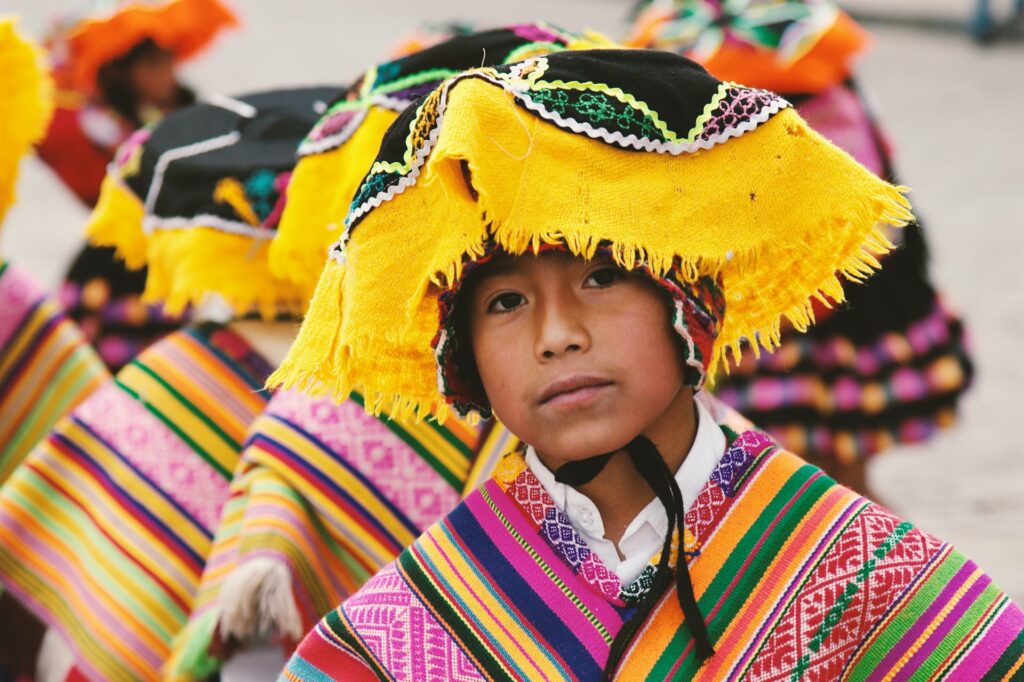
Indigenous Kokoda Adventure – IKA, from Papua New Guinea, which we are proud to have as part of our إلهام العالمية community, is one of those Community-Based Tourism (CBT) enterprises that is led and managed (and in this case also founded) by indigenous community members.
Nowadays it’s much easier than before – although not always possible – to get direct access to CBT experiences. You will also find more indigenous tourism experiences in the portfolios of international tour operators, such as باسل السفر. This company has recently established its own dedicated Native American operations hub in the US, and is launching 100 Indigenous tourism experiences in several regions in 2023.
Consumers are searching for these sorts of experiences, and seem determined to exercise conscious tourism choices, so they feel they are supporting the kind of tourism that is sustainable and responsible in the core of its practice.
The questions they ask are strongly related to local cultures and indigenous communities, and this is clear from the results of Expedia Group’s دراسة السفر المستدام, which gives an overview of the kind of information that consumers are searching for. 45% are looking for information on destinations with ‘locally owned businesses and restaurants’, 42% for those that ‘support indigenous cultures and heritages’, and 43% for ‘how to best engage with local cultures and communities’.
Unfortunately, these are some of the questions that are not always answered. But they show interesting new trends that we hope will open up more opportunities for locally owned businesses and community-based organisations and projects to thrive, in collaboration with Tour Operators, DMCs and DMOs.
How is 2023 looking for you and your business?
What changes, if any, have you made, or planning to make, to move further towards promoting more positive impact tourism?

كلمات بقلم إليسا سبامبيناتو


المشاركات الاخيرة
فئات